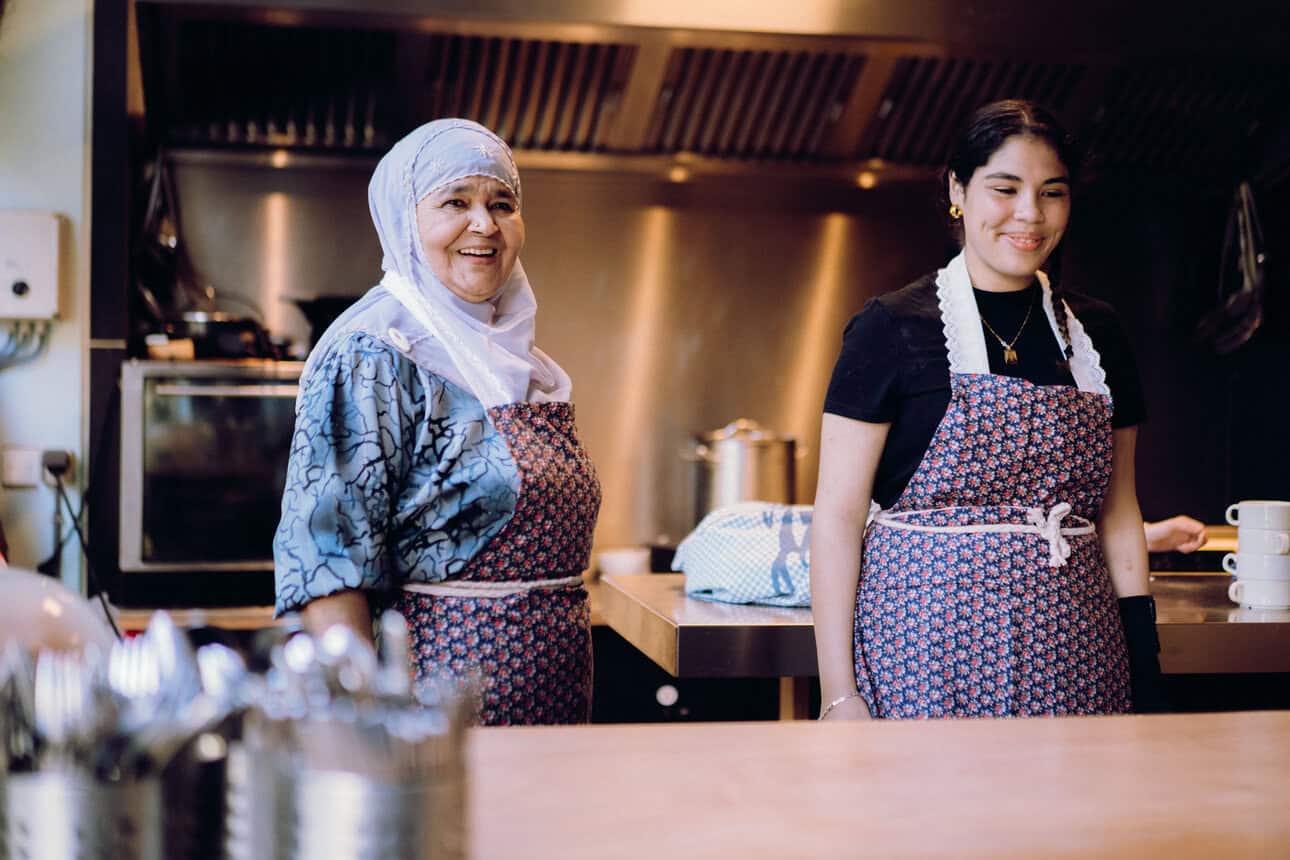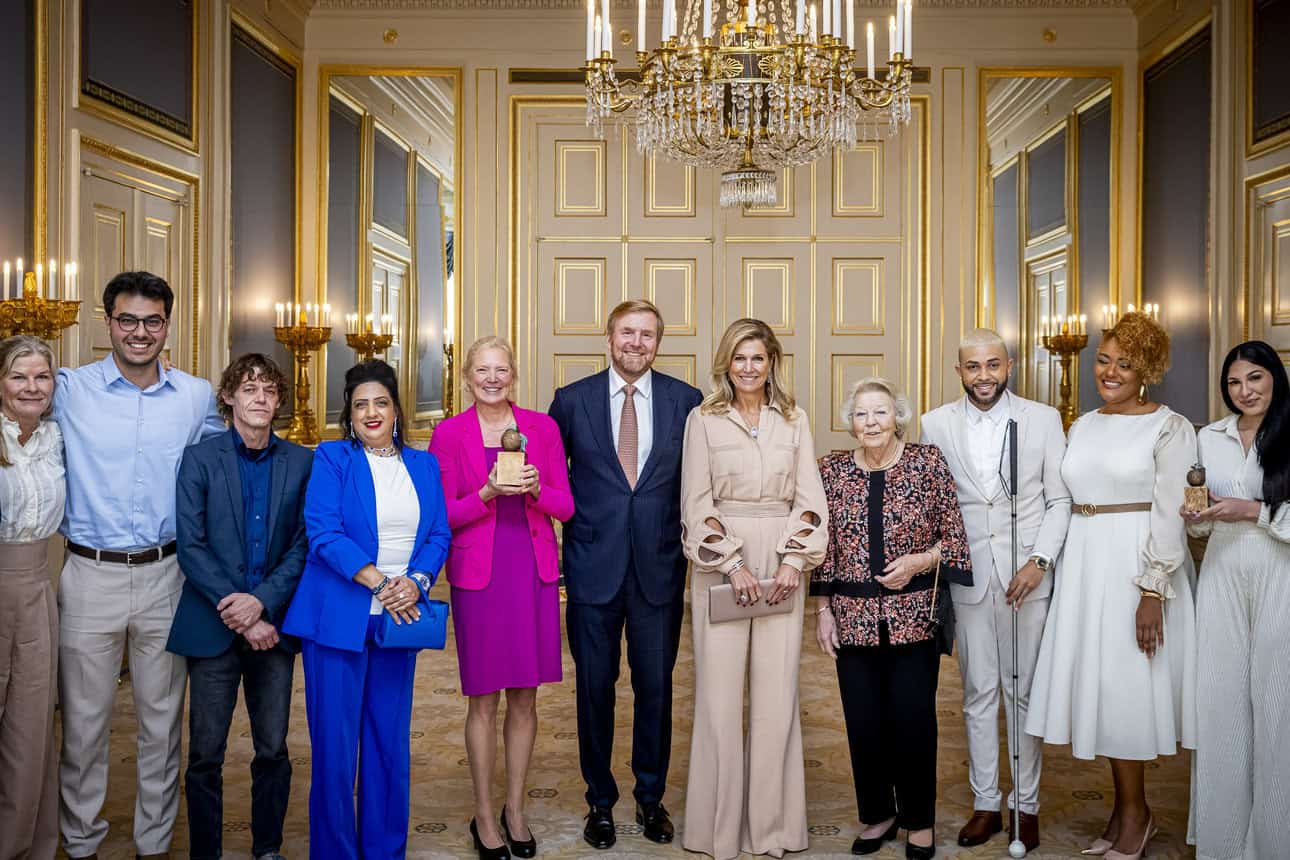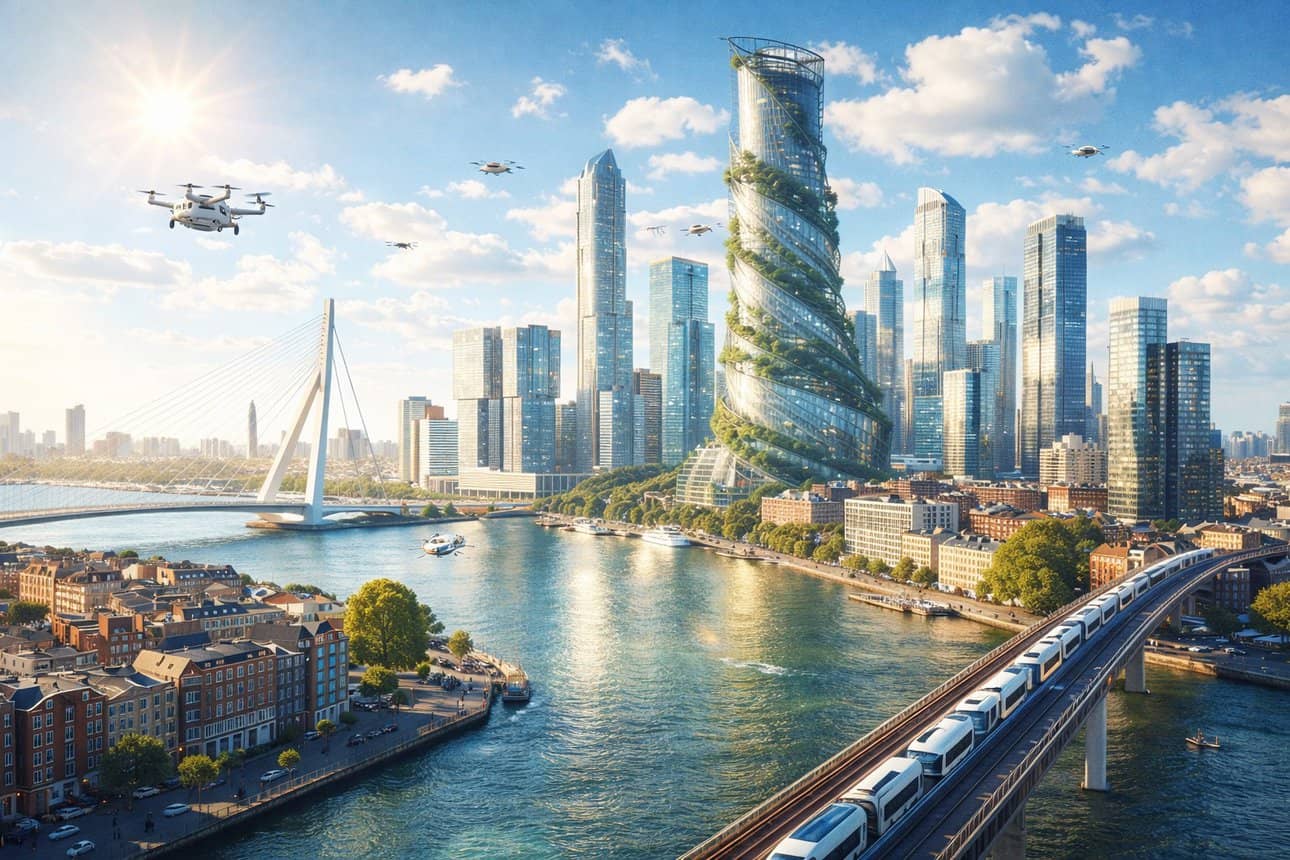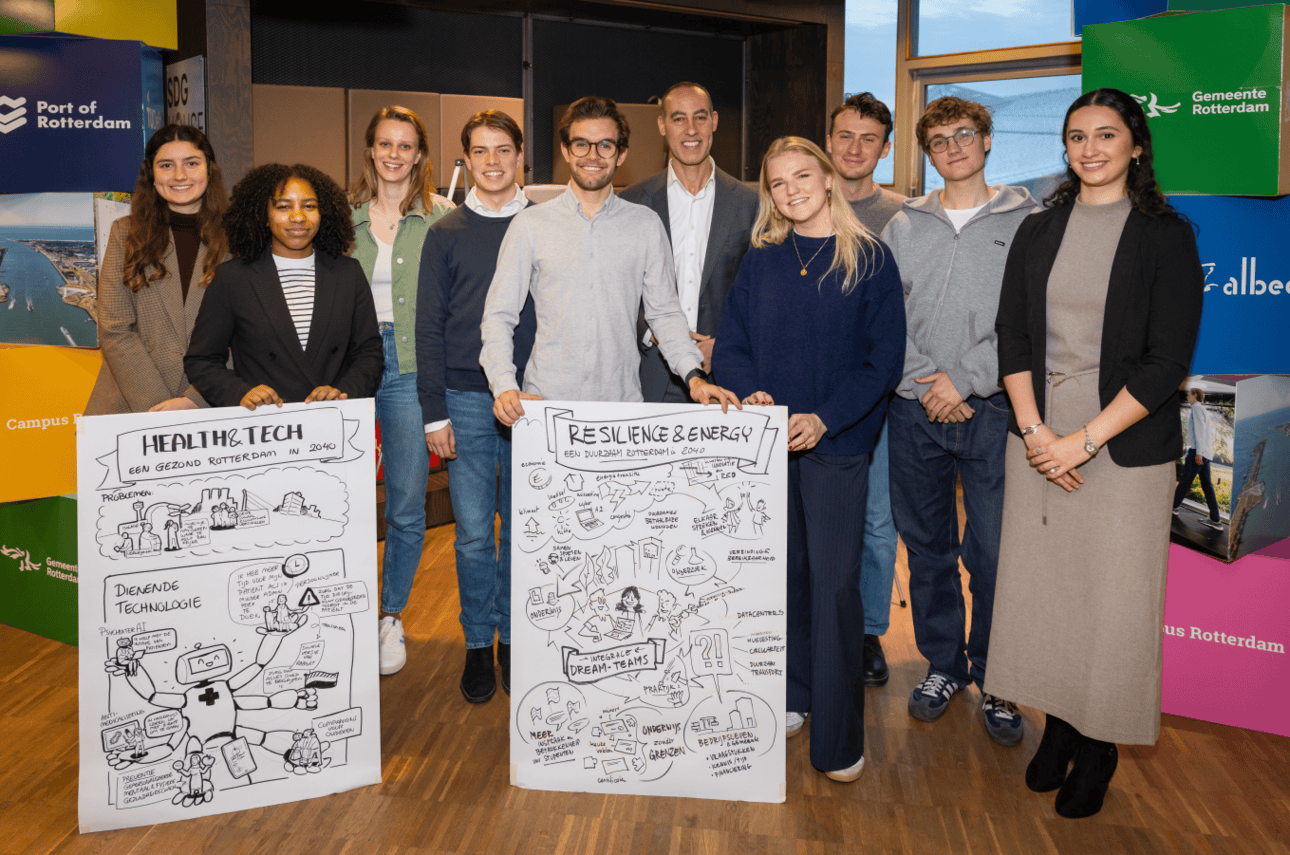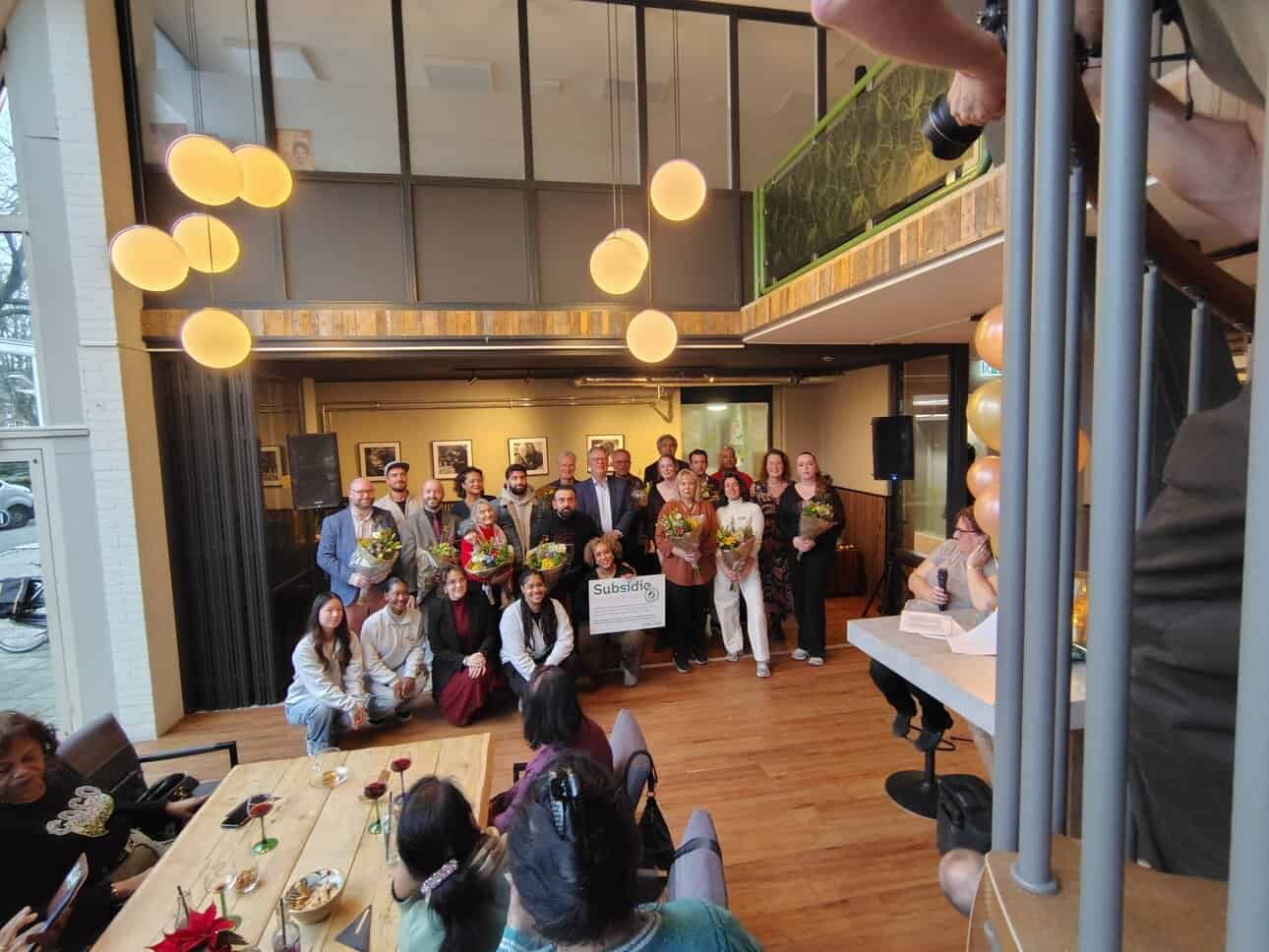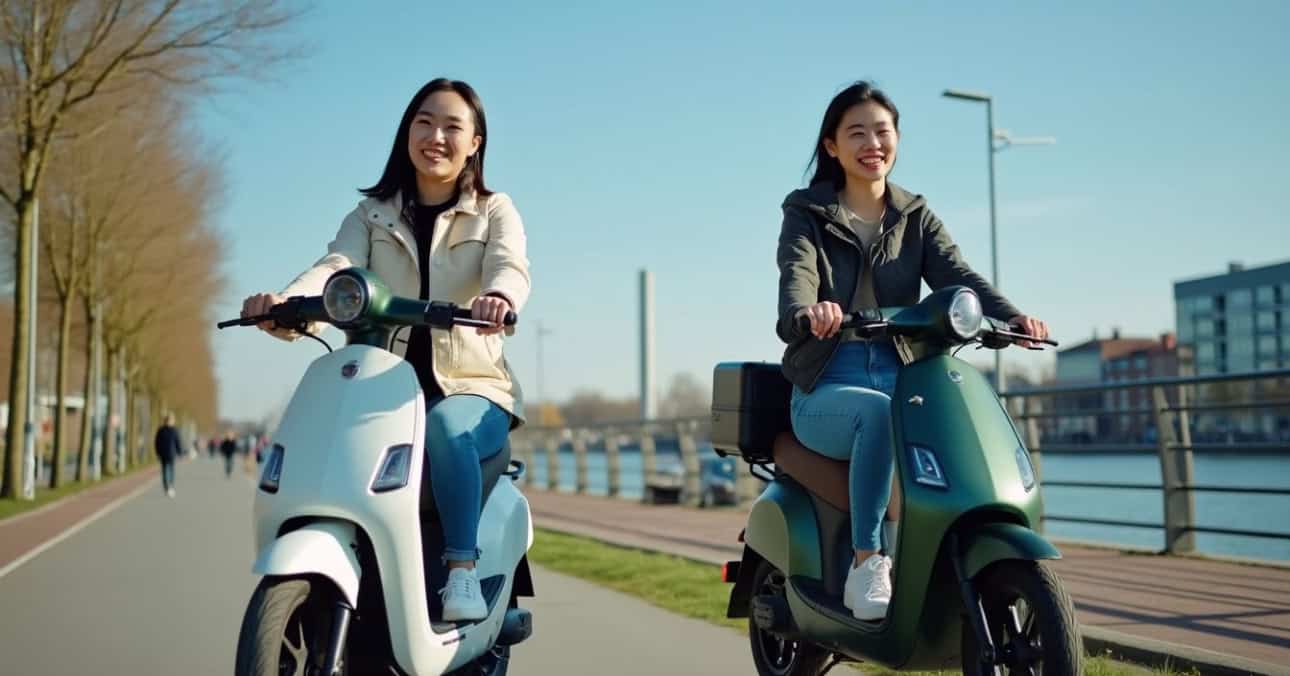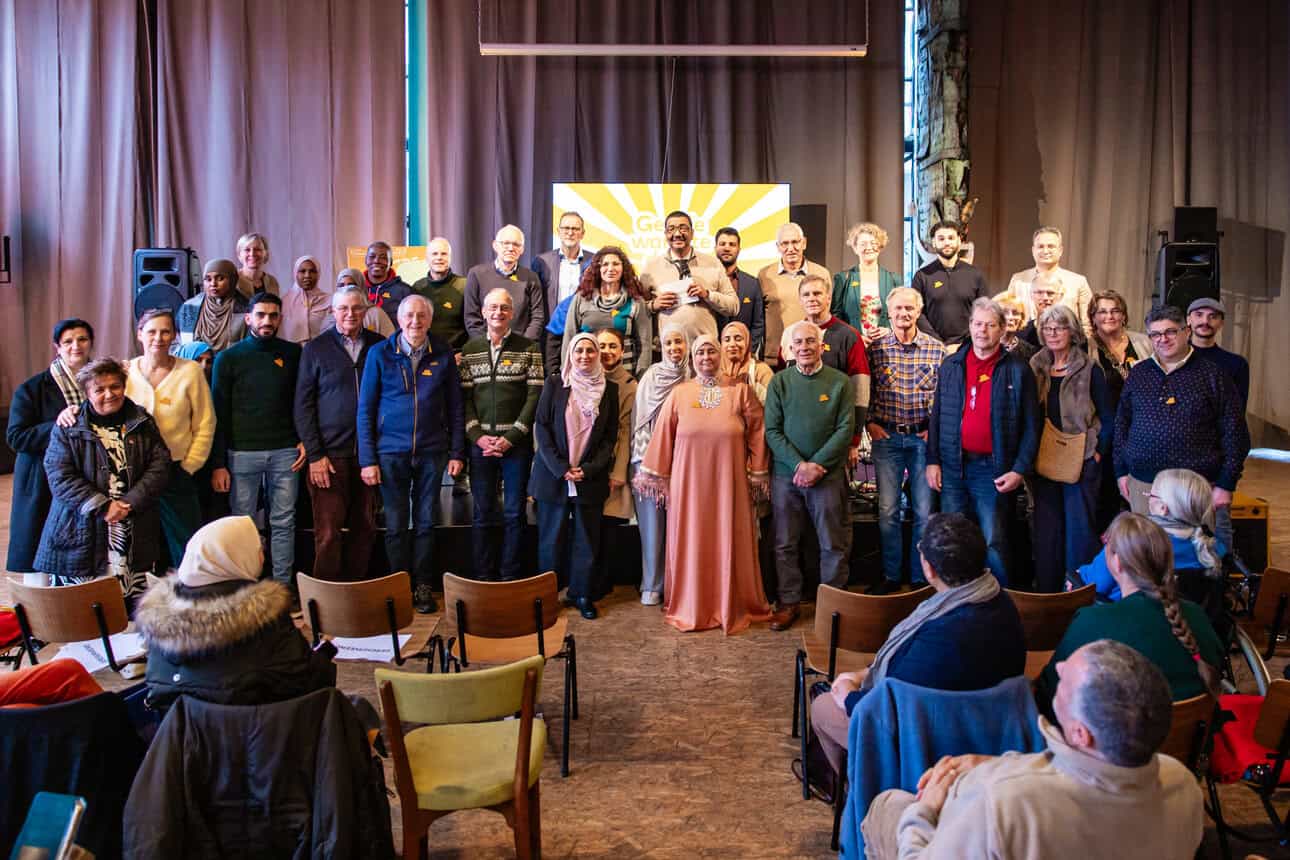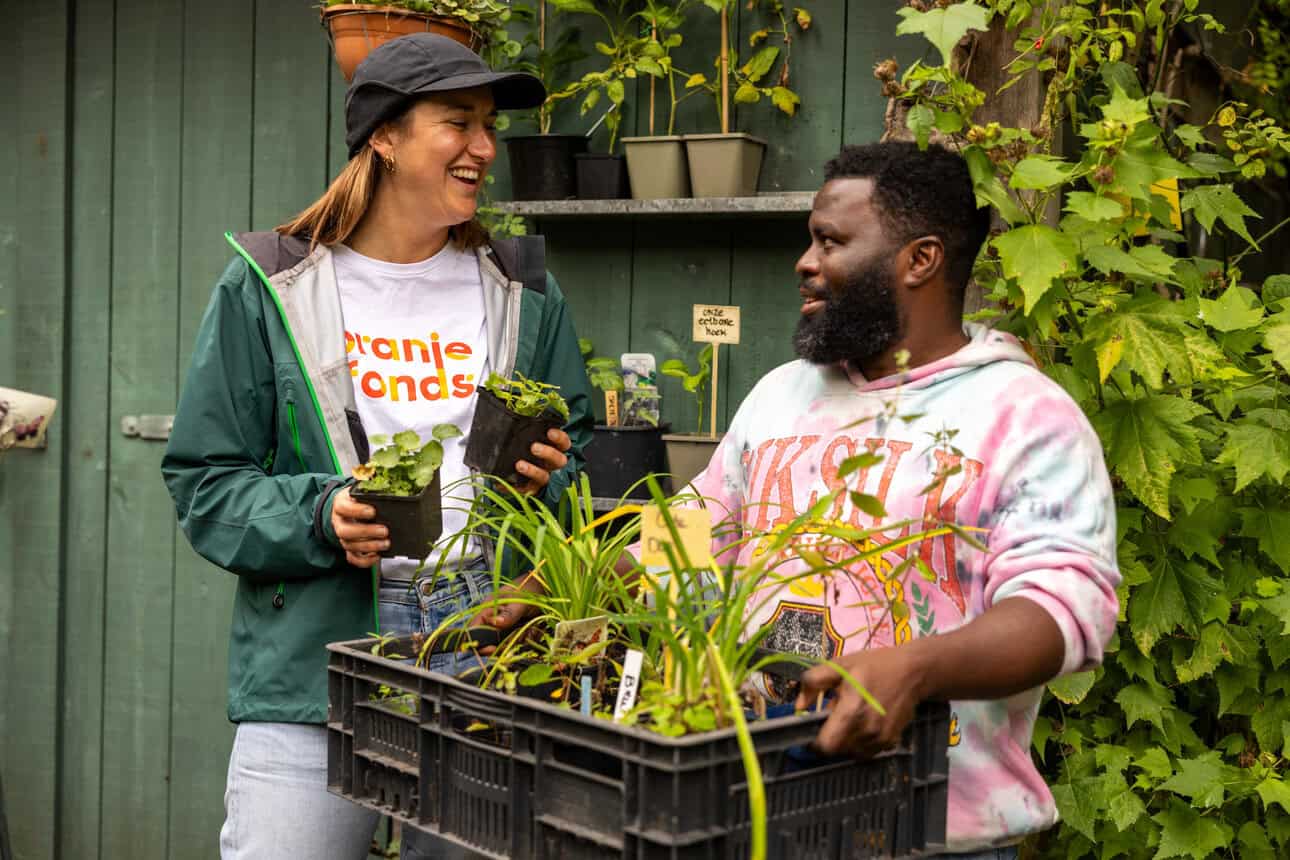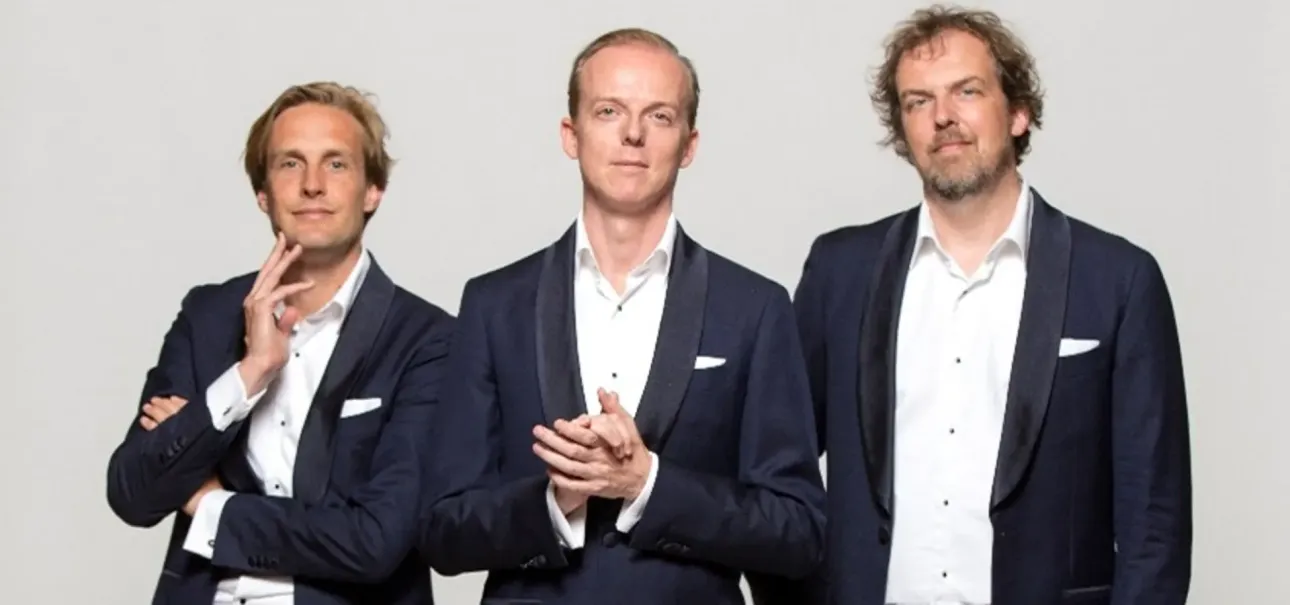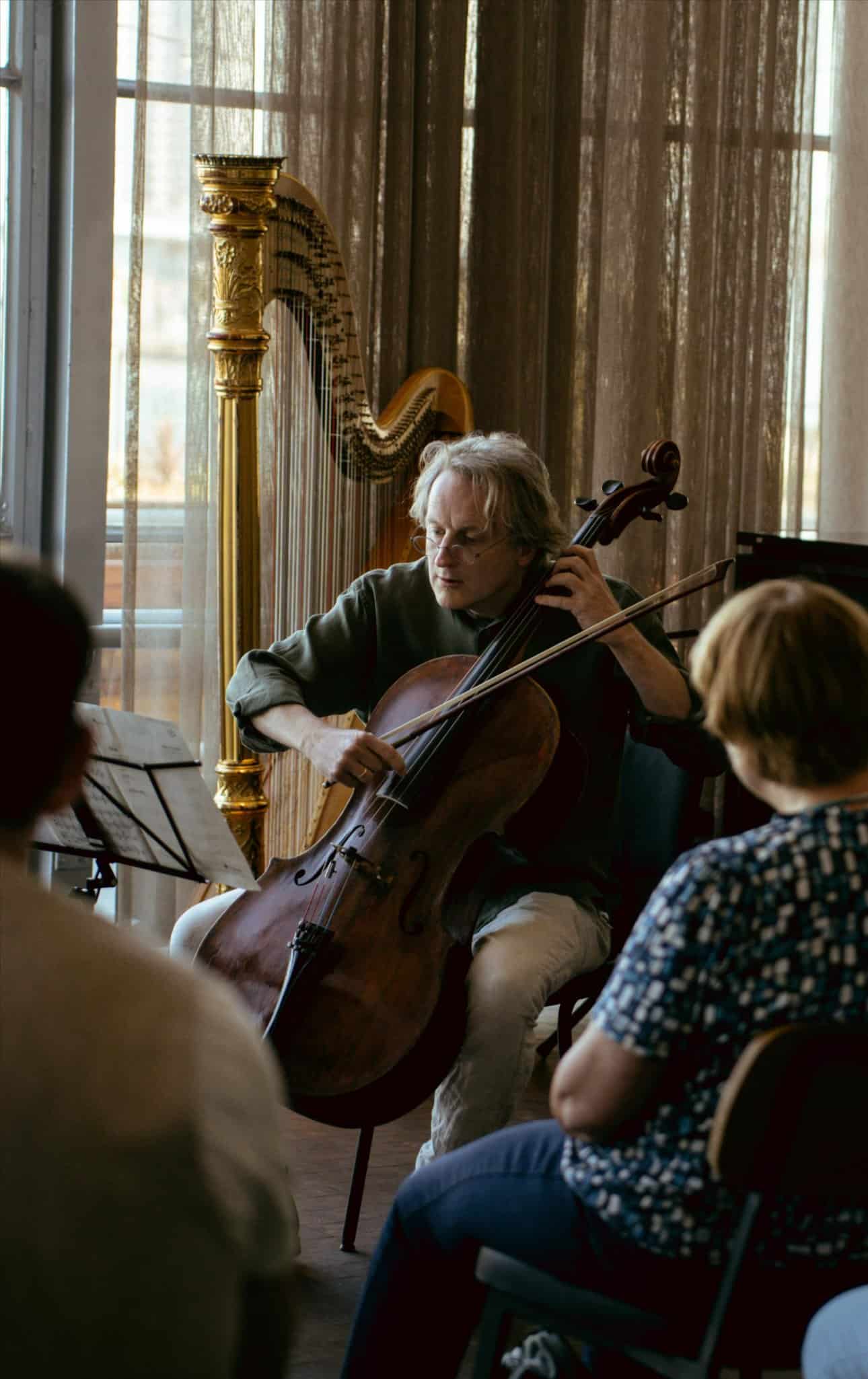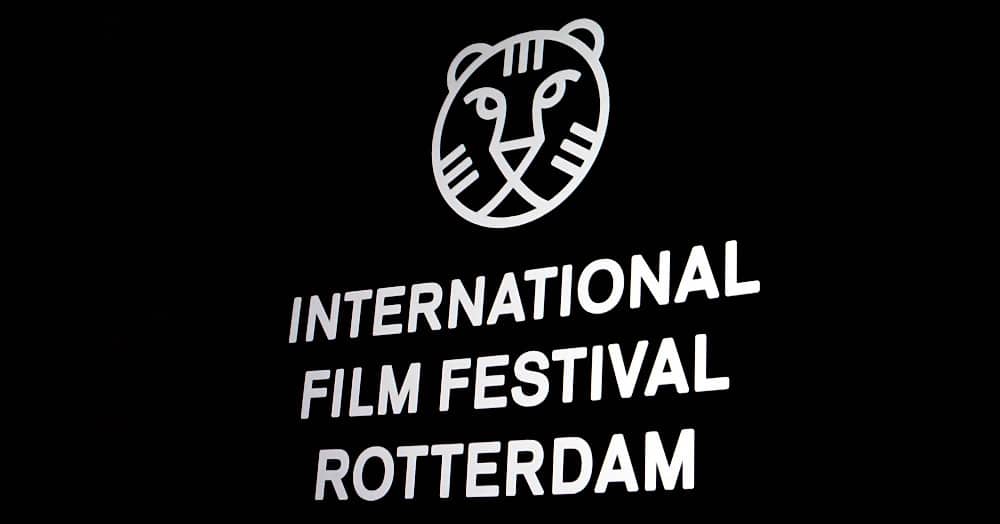ROTTERDAM, 22 October 2024 – Rotterdam’s first Citizens’ Assembly on climate change has presented its recommendations to the city’s government. The assembly, composed of randomly selected residents, aimed to provide solutions for achieving local climate goals.
Citizens’ Assembly presents recommendations for climate action
Rotterdam’s first Burgerberaad (Citizens’ Assembly) has concluded its climate discussions, presenting a set of 22 recommendations to Chantal Zeegers, the alderwoman for Climate, Housing, and Building. The assembly, which began in April 2024, involved a diverse group of local residents chosen by lottery to represent the city. The participants were tasked with considering how Rotterdam could achieve its climate targets, drawing from their own experiences, insights, and extensive discussions.
Of the 22 recommendations, 10 achieved an 80% approval threshold set by the assembly. These accepted proposals include strategies such as reducing light pollution, increasing education on climate issues for youth, and expanding green spaces in the city. Other key recommendations focus on promoting sustainable reuse of waste materials, encouraging the use of rainwater, and reducing litter. The idea of the municipality taking a more active role as a shareholder in climate improvement efforts also received support.
Highlighted recommendations
Some of the top recommendations from the Citizens' Assembly are:
- Reducing light pollution
- Promoting youth education on climate change
- Expanding green spaces in Rotterdam (Rotterdam vergroent)
- Sustainable use of waste streams
- Municipal involvement as a shareholder in climate initiatives
- Creating a central climate information platform
- Encouraging rainwater reuse
- Making waste reuse more accessible
- Addressing litter
- Developing climate-adaptive green housing
A collective effort for Rotterdam’s future
Chantal Zeegers praised the recommendations, stating that they provide the city with a valuable opportunity to better align its climate strategy with the needs and wishes of its residents. “It is inspiring to see such concrete advice coming from the Citizens' Assembly, and even more so to witness how this group came together to contribute something meaningful to our city,” said Zeegers.
The assembly’s composition reflected Rotterdam’s diversity, ensuring that multiple perspectives were considered. As a result, the recommendations are expected to address the varied needs and living conditions of the city’s population. “The assembly has shown that a randomly selected group of citizens can deliver valuable and practical advice on complex issues,” added Zeegers.
Looking ahead
Following the submission of the recommendations, the city’s executive board will now develop proposals for implementation. These proposals, along with the recommendations, will be submitted to the municipal council in early 2025 for review. The council is expected to make decisions on which recommendations to adopt. Subsequently, city officials will begin executing the selected proposals. Achieving the city’s 2030 and 2050 climate goals will require collaboration between all stakeholders, including the port and local industries.
Zeegers emphasised the importance of taking the next steps: “The Citizens’ Assembly has given us strong recommendations, and now we need to translate these into concrete actions. This is the beginning of a crucial phase where we, as a municipality, must demonstrate our commitment to the perspectives of our residents.”
Participants’ experiences
Several participants expressed their positive experiences with the process. Femi, one of the participants, commented: “The Citizens’ Assembly on climate was a great initiative to involve ordinary citizens in addressing such an existential issue. It gave us the opportunity to contribute to a climate-resilient Rotterdam.”
Yasmin, another participant, said, “The Citizens’ Assembly was completely out of my comfort zone, but working with fellow residents on an issue for our city was much more enjoyable than I expected! It’s a shame it’s over, but I’m proud to have contributed.”
Tolga echoed similar sentiments: “I think it’s really valuable that the municipality is listening to the community and taking our advice seriously. Personally, it was a great opportunity to be involved in the decision-making process for climate issues in Rotterdam. I would love to do it again in the future and would recommend it to anyone who feels passionate about this topic.”


